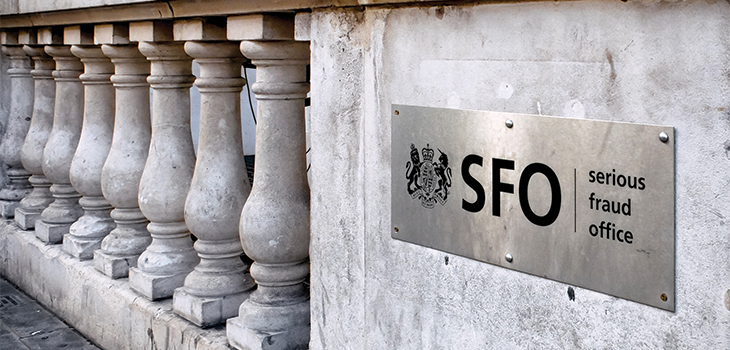
- The High Court’s judgment in Addlesee v Dentons Europe provides much-needed insight into the use of the crime-fraud exception (CFE) to sidestep legal professional privilege.
- The decision also clarifies the necessary strength of the prima facie evidence in such a case, and identifies areas in which CFE may currently be misapplied or underutilised.
Legal professional privilege (LPP) is a common currency for lawyers and clients of every discipline. Even in the most amiable transactional work, a lawyer should know whether the advice and communications are privileged or, perhaps more importantly, whether the client expects them to be privileged. Subject to narrow public interest exceptions (for example, where the matter concerns a risk of serious harm) or clear statutory intent, LPP is an absolute right. A court cannot decide that LPP should be overridden, no matter the strength of the competing arguments. This is even the case where the privileged material might assist









